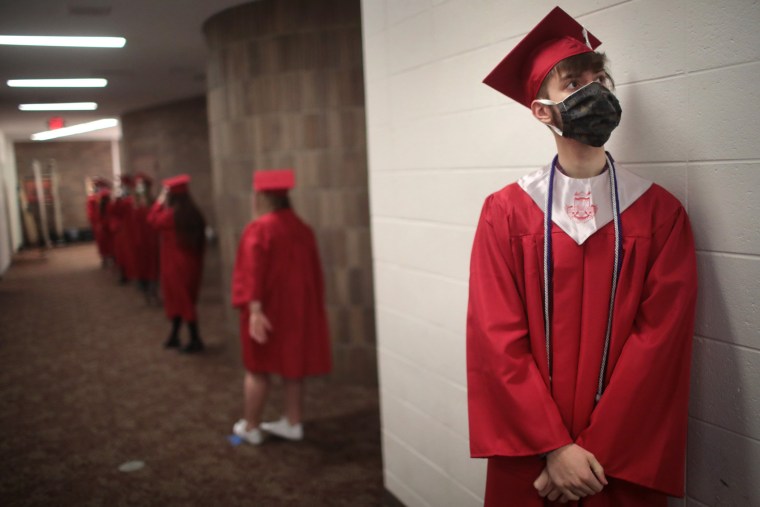The shake-up from COVID-19 has been like an earthquake on the college admissions landscape. Some compare the pandemic’s impact to an asteroid and the educational institutions to dinosaurs who must quickly pivot and adapt.
And as a result, many high school seniors are rethinking their plans after they graduate. Should they defer freshman year in college if it means e-learning instead of the traditional on-campus experience? How do you reevaluate an offer that is on the table when a school visit or re-visit is now prohibited due to social distancing? And in the event that freshmen can come to campus in the fall, what will your experience be like with sports, the return of upperclassmen, and other extracurriculars, academic, and social experiences impacted by COVID-19.
How do you decide? It’s time to rely on an old but dependable tool: a spreadsheet. Place the name of the schools you’re considering on one side and your non-negotiables on the other side and evaluate. Consider the following:
1. Keep in mind, something attracted you to these schools originally; you added them to your list and then followed through with an application.
2. Re-explore those factors and apply a litmus test to see if they have retained their viability, and if not, what factors have risen to the top? Cost? Location? Diversity?
3. Find a way to connect with a student at your choice schools. This is a huge advantage for mining peer-based insight.
4. Attend live and recorded virtual events on the school’s admissions page to reinforce what you know about the school and/or discover new things previously unknown.
5. Visit social media sites for the schools - not the one for the admissions page - but the sites for activities you enjoy such as “crew,” as this will help you get a sense of the students and climate on campus, as will reading the school newspaper.
6. Know: dreams come true! There has been tremendous waitlist movement and admissions offices suggest this could continue into the summer. Sadly, international students are facing potentially insurmountable hurdles returning to campuses or coming for the first time. Schools want full classes and so do you.
7. Should you need to, consider a gap year. However, to maintain the integrity of the incoming class of 2021, schools have reported that they will likely cap the number of gap requests years granted. Similarly, gap year experiences will be subjected to the same worldwide restrictions as all in-person programs, so the excursions of the past may not be available.
8. Lastly, keep in mind that it still remains to be established how schools will reopen in the fall, whether virtually, in-person, or using a hybrid model. Visit the admissions page and your email daily looking for updates. However, according to a list being curated by The Chronicle for Higher Education currently 67 percent of the 950 schools who have reported are proposing an “in-person” model - Great news!
With this last point in mind, current undergraduates may need to reevaluate as well. While a semester of eLearning or hybrid-structured learning is not what you signed up for, colleges want and need to reopen. This is a clear and resonant message from every admissions office worldwide, and they will. So, sticking it out may be the best option, especially if you have been happy on campus.
Overall, we know things are changing rapidly and consistently. It’s very challenging not to get caught up in the deluge of information or to become completely overwhelmed with the frenzy of news and become frozen in a state of inertia.
My best advice? Take time for yourself. Evaluate your needs, wants, desires, and do not give up on your dreams even if you need to re-conceptualize them.
A student advocate with over 25 years of experience in both counseling psychology and education, Diana holds a Bachelor's Degree from Hamilton College and two Master’s degrees: one, from New York University, in adolescent and adult counseling psychology, and one in education from Pace University. Through her work with Harris, Kramer & Liston and College & Prep, Diana successfully supports students from all backgrounds through the college admissions process, Gap Year selection, and entry into summer programs. “Being happy, being challenged, fitting into a community, having fun while learning, knowing you're in the right place, reaching toward the future you envision, this is why kids go to college."
